Lambert J. Hruska, Commanding Officer Company E, 7th Infantry Regiment, 3rd Infantry Division "The Rock of the Marne", U.S. Army
On this Memorial Day, I want to do some personal remembering. On May 1, 2007, my mother died. She was 87.
A few weeks after her death, as I was sorting through her things, I found a green metal file box. Inside the box was the story of her first husband, a young man named Lambert Hruska, who joined the army in the months before WWII, rose to the rank of captain with the 3rd Infantry Seventh Army, was awarded the Silver Star and Bronze Star for heroism, and was killed in action in 1943.
The box is full of correspondence; bills, checks, receipts; and a letter telling her that as a widow she had been awarded a death pension of $50 a month. She saved it all; every artifact of a nation and a bureaucracy handling millions of details: enlistments, transport, insurance, payroll, casualties, medals, and the hundreds of thousands of lives uprooted and shattered – like my mother’s – while the world itself stood on the brink.
This is what I found in the box:
*A certificate of marriage dated August 9, 1941, between my mother and Lambert; it was less than four months before the attack on Pearl Harbor.
*The Power of Attorney that Lambert Hruska signed on September 8, 1942, when he was a 1st Lt. and he knew that he was about to go to war. I try to imagine the young man who signed it and what must have gone through his mind.
Just months after he signed that paper Lambert Hruska was part of the invasion of North Africa. On November 10, 1942, he led a frontal assault over open ground on German artillery that was firing point blank at the American troops. He was awarded the Silver Star for gallantry under fire.
*Here is the account from the Seventh Army’s history, From Fedala to Berchtesgaden; a history of the Seventh United States Infantry in World War II
With the coming of daylight the two assault platoons of Company “F” found firing positions and prepared to assault the enemy. From the left front of Company “E" a battery of 75mm artillery guns fired in the company at a point blank range of three hundred yards. In the first minutes of daylight the battery was located and rifle fire placed upon it.
Then Captain Lambert J. Hruska led the first two platoons in an attack on the artillery position.
The assault was made over a distance of about seventy-five yards through direct fire of small arms and the fire of land and naval artillery.
Private First Class Kurt Steenback and other riflemen closed in to hand grenade range and silenced the battery. First Lieutenant William M. Cheever. leader of the first platoon, was killed during this action and Captain Hruska wounded.
Lambert Hruska recovered from his wounds and was part of the invasion of Sicily, where, again, he was one of the rare men who always led from the front.
*In August 1943, my mother received this telegram. And she kept it all these years:
I REGRET TO INFORM YOU THAT THE COMMANDING GENERAL NORTH AFRICAN AREA REPORTS YOUR HUSBAND CAPTAIN LAMBERT J. HRUSKA MISSING ACTION SINCE TENTH AUGUST IF FURTHER DETAILS OR OTHER INFORMATION OF HIS STATUS ARE RECEIVED YOU WILL BE PROMPTLY NOTIFIED.
This piece of paper changed her life. My mother would have been 24 years old.
It took a full year for the War Department to declare Lambert Hruska dead. He was never found.
*In a letter, a major general explained to my mother what happened, as best as the Army could tell:
On August 10 1943, Captain Hruska participated in an attack against the enemy near San Stefano, Sicily. “Your husband was following close behind two assault companies, and after reaching a blown out bridge, the assault troops slowed down, trying to find a place to cross the stream. Capt. Hruska went forward to start the advance troops moving again and after crossing the stream went ahead of the advance troops on a reconnaissance. He was last seen as he disappeared around a hill approximately seventy-five yards in advance of the forward element. It was following this action that your husband was reported missing.”
Eighty-one years ago.
My mother grieved, but in time she moved on with her life. She met and married the man who would become my father.
When I was a child, I knew the name Lambert Hruska. But it was hard to enter into my mother’s feelings because it was so long ago. Ancient history. Except that when I was nine years old, it had only been 20 years since my mother received this telegram. For me it could have been centuries.
I had other mixed feelings too. I knew that if he had lived, I would never have been born. I was alive specifically because of his sacrifice.
But along with these documents what I really found in the box was this: my mother’s memory of Lambert never weakened. She contributed money to the WWII memorial, in his name and when it opened, I was able to go online and show her a picture of the cemetery in Sicily where he is memorialized. His name is also engraved on the 'Wall of the Missing' at the Sicily-Rome American Cemetery and Memorial, Nettuno/province of Rome, Italy.
**
Why do men and women leave everything behind, risk everything, and give their lives? What were they thinking? How did they feel? We need to remember the heroes, but also the ordinary men and women who served, and also those who were left behind. They also sacrificed.
After my mother died, it turned out that she had ordered two names on her grave marker: hers and Lambert Hruska’s. After all those years.
**
And, now for some obligatory dog pictures. Auggie is ready for the summer.
**
My French grandpup, Zokami… seen here in Angouleme.




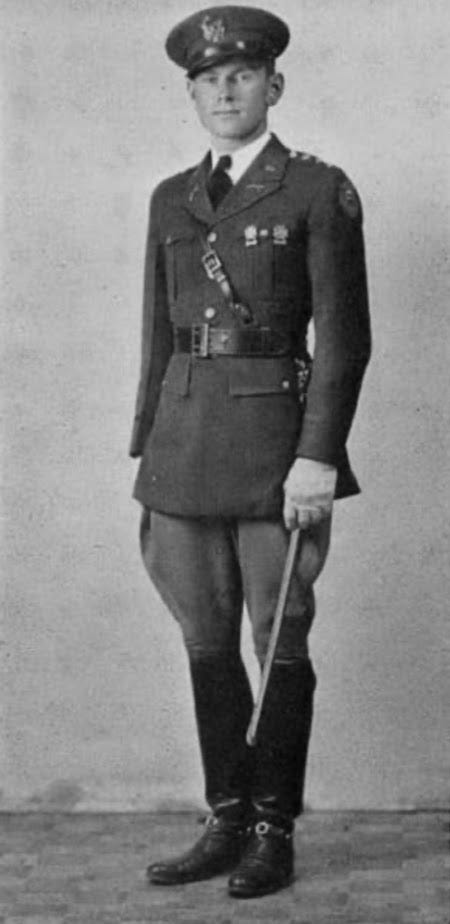
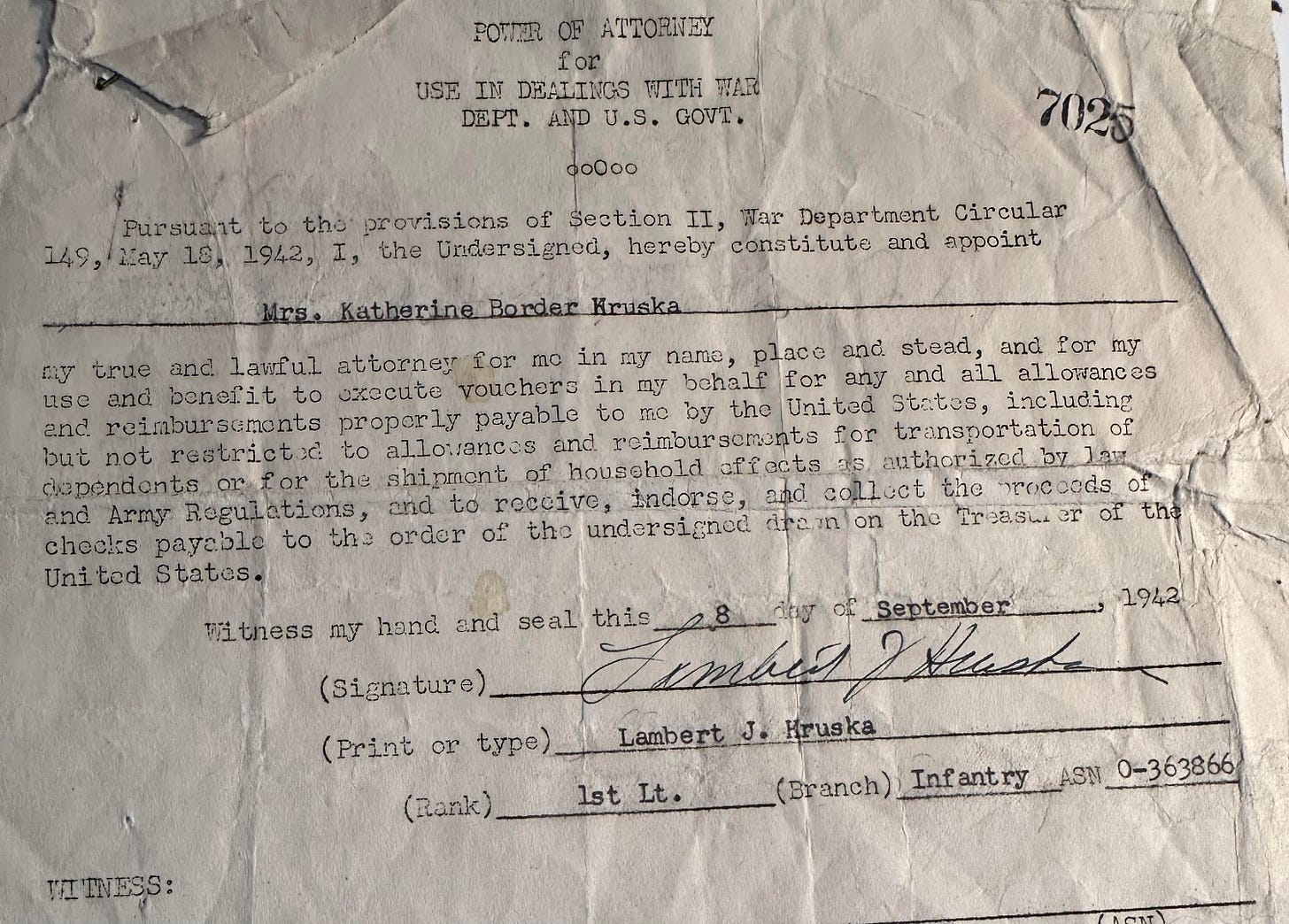
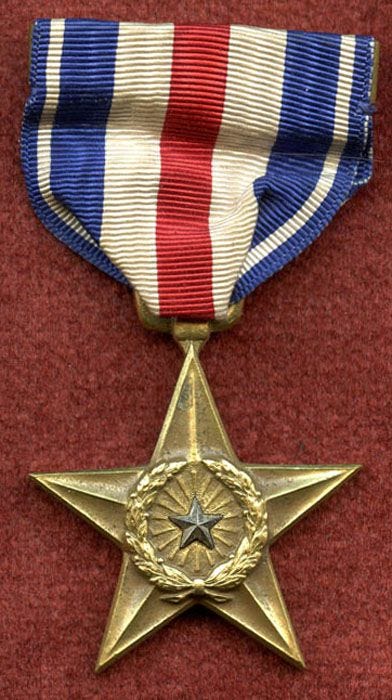
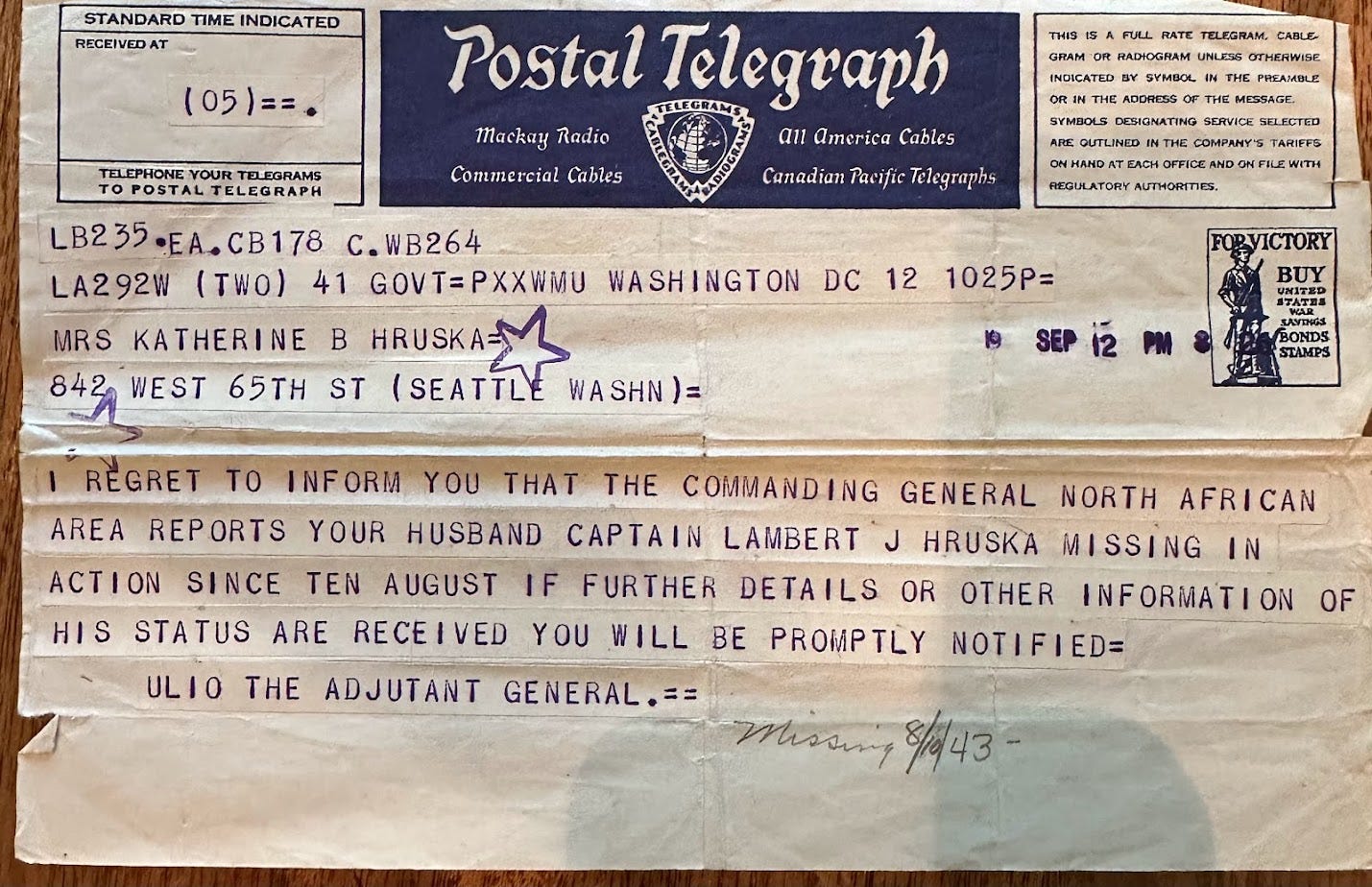
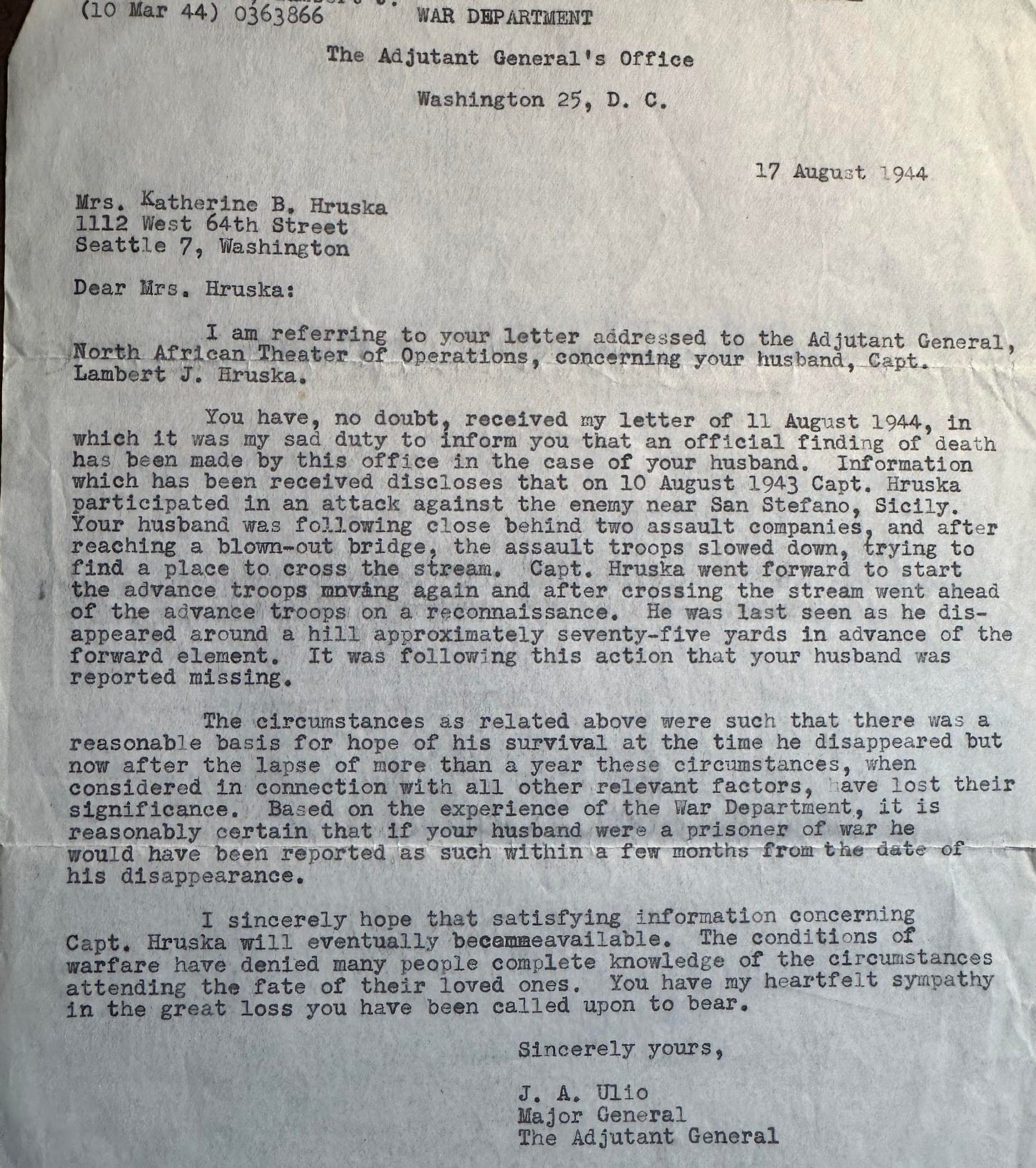



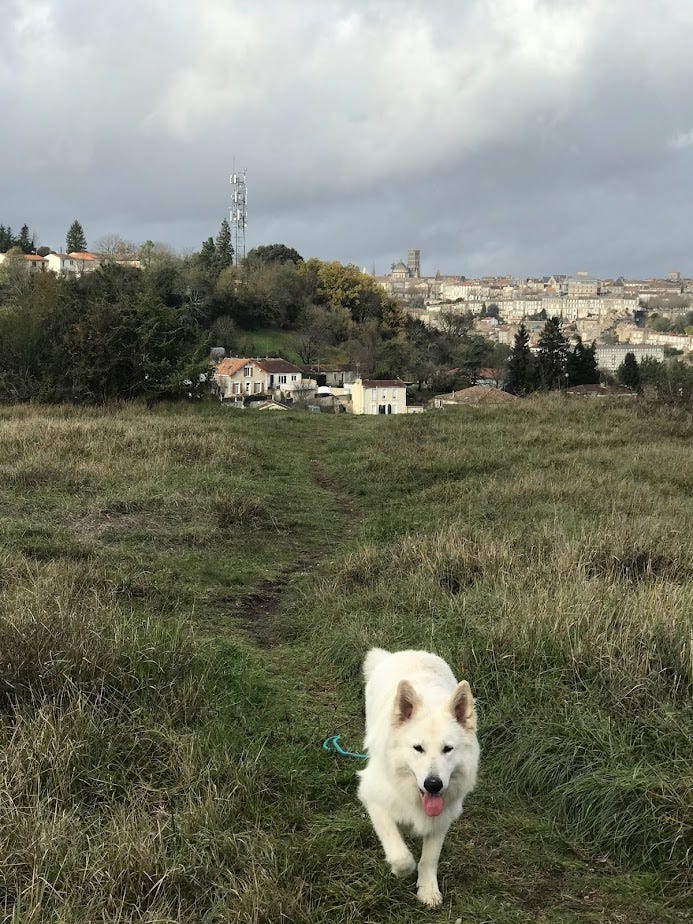
Moving essay. I'd give it 20 likes if I could. Their sacrifice, both at home and in battle, is our legacy. Why do some hold it so cheaply they would shamelessly trade it for a mess of Trumpian pottage? (Genesis 25:29-34)
Lambert was my wife's uncle. She and her sister contributed DNA samples so that if his remains are ever found and identified, we can return those remains to your mother's side.